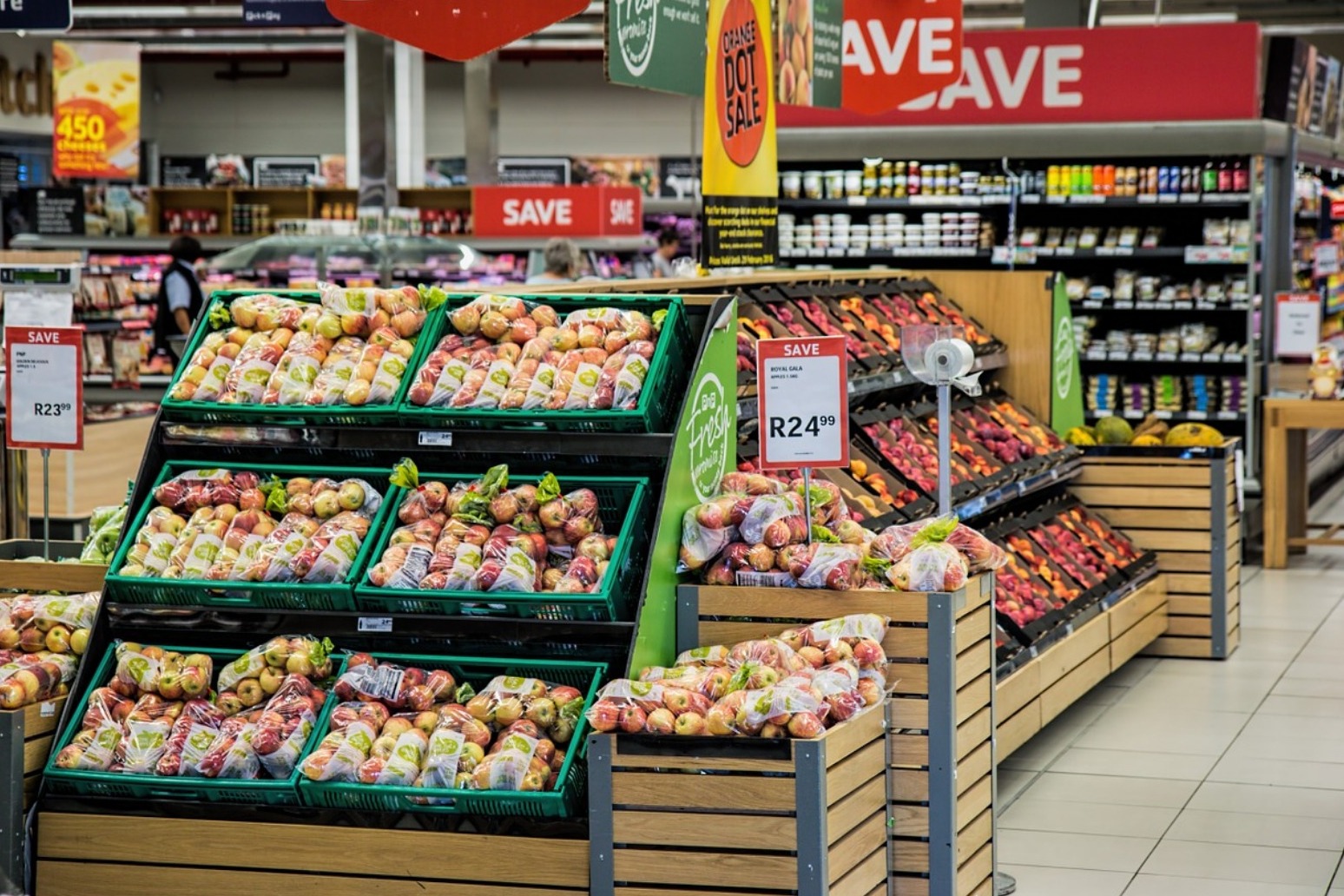
Sainsbury's and ASDA plan major merger
Sainsbury's has agreed to buy Walmart's Asda for about 7.3 billion pounds to create Britain's biggest supermarket group.
It would overtake the market leader Tesco.
The industry's biggest UK deal for over a decade brings together the country's second- and third-largest food retailers, aiming to generate savings and buying power to better compete with fast-growing discounters, a bigger Tesco after its purchase of wholesaler Booker, and the rise of online shopping.
The cash and shares deal, announced on Monday, also provides a potential exit route for Walmart, as Asda, which it bought in 1999 for 6.7 billion pounds, has been struggling to grow as discounters Aldi and Lidl attract its price-conscious customers.
Sainsbury's said the combination would generate synergies of at least 500 million pounds and enable prices to be lowered by about 10 percent on many products.
However, the transaction faces significant regulatory hurdles. Britain's Competition and Markets Authority (CMA) said it was likely to review it.
Nevertheless, Sainsbury's shares jumped as much as 21 percent to 327.1 pence, their highest since July 2014 and were on course for their biggest ever daily gain, while shares in rivals Tesco and No. 4 Morrisons fell.
Walmart will receive 3 billion pounds in cash and a 42 percent stake in the combined business' equity, valuing Asda at about 7.3 billion pounds on a debt-free basis. Sainsbury's equity was valued at 6 billion pounds at Friday's close.
Though Sainsbury's CEO Mike Coupe said the deal was "a merger, not an acquisition," Sainsbury's is the senior partner.
Coupe, who used to work for Asda, Sainsbury's Chairman David Tyler and finance chief Kevin O'Byrne will all retain their positions in the merged company. Asda CEO Roger Burnley, who worked at Sainsbury's for a decade, will continue to run the Asda business, which will retain its separate brand.
Analysts said the deal was a bet that recent changes in the retail industry - including the rise in online shopping, discounters and Tesco's purchase of Booker - would ease any opposition from competition regulators.
Coupe said "the world has changed and there is more competition than ever," since the sector's last mega deal - Morrisons' takeover of Safeway in 2004.
"I'm 100 percent confident that we will not close any stores as a result of this transaction," Coupe said, noting that even if the CMA demanded store divestments they would be sold as trading entities.
Some analysts were not so sure, saying buyers could be hard to find. "We see no chance of it getting through the CMA without a major dismemberment of the combined business," said Peel Hunt analyst Charles Hall.
"This will only be possible if there is an acquirer for a significant proportion of the business and Morrisons is the only acquirer that makes sense."
However, the surprise decision by the CMA to unconditionally clear the Tesco/Booker deal may have encouraged Sainsbury's and Asda to believe they could get a viable transaction through.
Together, Sainsbury's and Asda have around 2,800 stores, more than 330,000 employees and a combined market share of 31.4 percent versus Tesco's 27.6 percent, according to market researcher Kantar Worldpanel.
Published: by Radio NewsHub